Ask Canadians to tell you one thing that they love about their country, and an answer that you'll probably hear a lot is this one: Free healthcare.
Medical procedures can be expensive. Sometimes very. And unlike, say, a fancy car or those new sneakers, they're not something that you can just decide not to get if it's a bit out of your price range.
But as great as the Canadian healthcare system is, it does have flaws. Most noticeably, dental and eye care are not free. And while many people with full-time jobs have benefit plans that provide dental coverage (meaning part or all of the bill for certain visits are paid by an insurance company), eye care is often excluded.
This is an issue that troubled 15-year-old Hardit Singh. The teenager from Waterloo, Ontario had noticed how people with troubling eye conditions could not access the best care because it was out of their price range. So he decided to do something about it. He invented something! And last month, his project was awarded second place at the 32nd annual European Union Contest for Young Scientists! What a beautiful sight!
Let's take a closer look at Hardit's amazing invention.
Portable, affordable, spectacular!
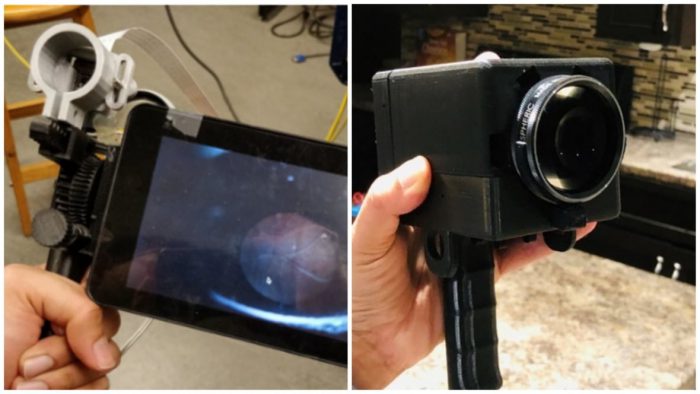
The tech used in Hardit's invention, Speculor. (Courtesy of Hardit Singh)
Hardit's device, called Speculor, is an eye imaging camera that can be plugged into a smartphone. What it does is quite simple, even if the engineering behind it is complex!
Speculor captures an image of a person's eye and then uses the smartphone's computer to analyze it. This analysis then indicates whether the patient needs further treatment. In other words, it's like an early warning system, locating issues that could become bigger in the future.
In particular, it is designed to spot signs of glaucoma, a condition that is the leading case of blindness worldwide. Hardit made Speculor to be portable and affordable (it is just $300 compared to around $5000 for most eye imaging cameras) so that it can be taken anywhere and used by everyone. It can even test multiple people in one area.
"That would be the idea," he told CBC Radio recently, "bringing the care to the patient instead of the patient having to go to some expensive hospital to get the same care."
What a great invention!
Hardit is just getting started
Hardit says that he was inspired to invent Speculor after a friend of his suffered with an undiagnosed eye condition. Inventions like this could help such issues be identified sooner. And not just with his friend.
"That [situation] really got me interested," he said in the same interview. "If this can happen in a richer and more developed area like Waterloo, what could the conditions be like in other areas which don't have as much access?"
With Speculor, he hopes to help change that. And he's not done either. With the €5,000 (approximately $7,500) he won in prize money, he wants to try and start his own company to make his device a reality. He is also extremely interested in physics and hopes to focus on it in the future—starting with the Canadian Physics Olympiad in 2022!
Best of luck, Hardit. Your giving spirit and gift for invention are truly eye opening!
 Inspiring young inventor Hardit Singh. (Courtesy of Hardit Singh)
Inspiring young inventor Hardit Singh. (Courtesy of Hardit Singh)

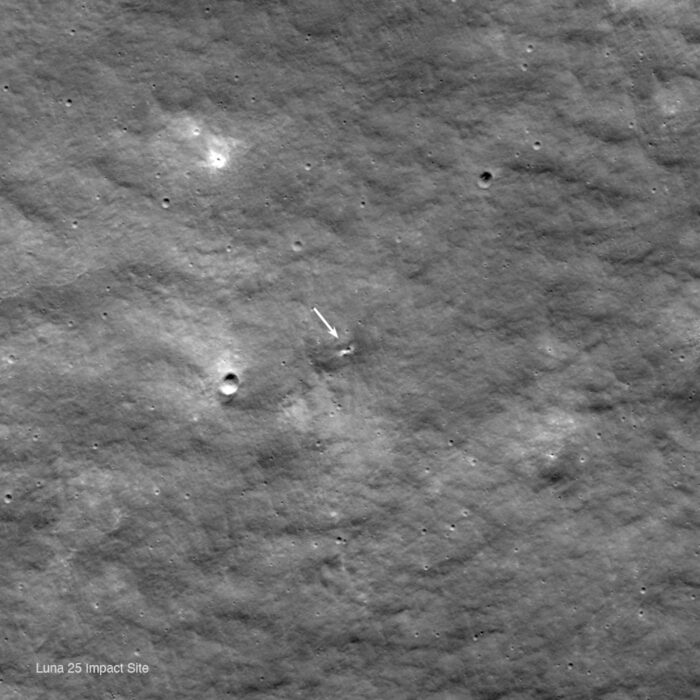


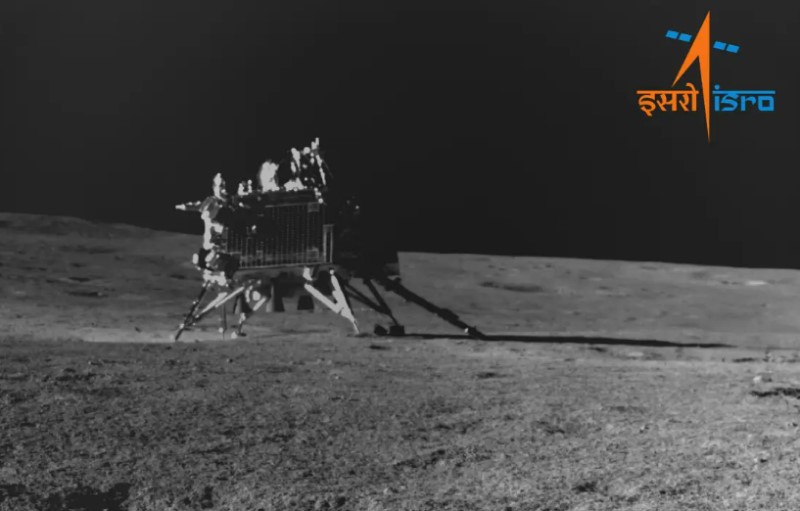


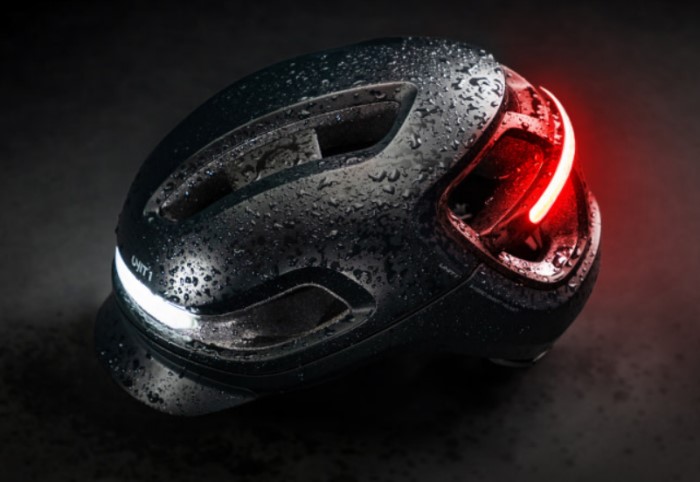
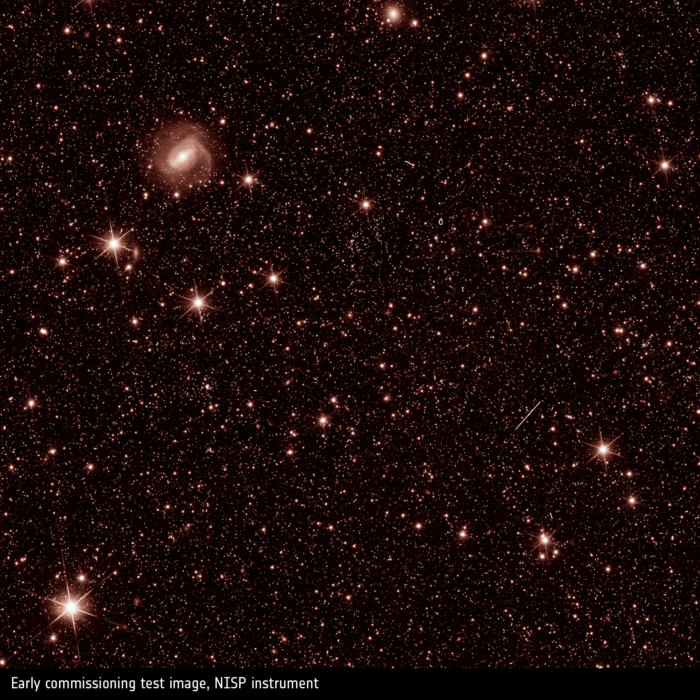

cool